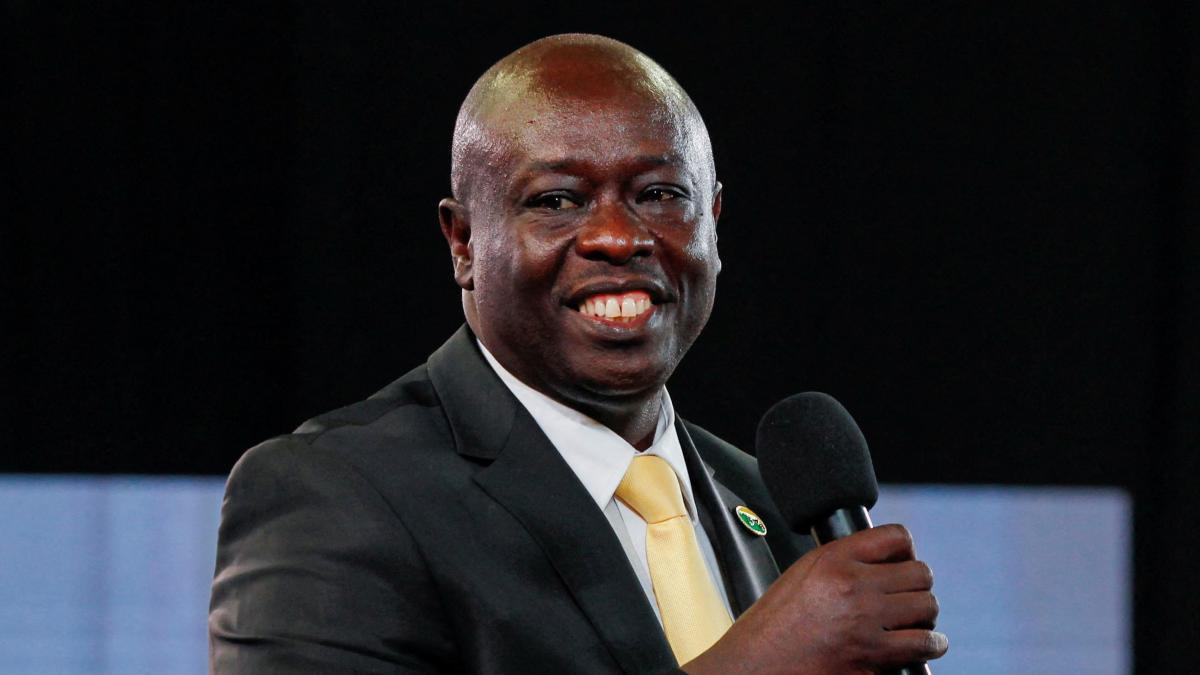Kenya’s Senate is set to vote on whether to remove Deputy President Rigathi Gachagua from office at the end of the second day of his impeachment trial.
The deputy president is on Thursday defending himself before the lawmakers in the upper house of parliament, two-thirds of whom are required to oust him.
He faces 11 charges, including corruption, inciting ethnic divisions and undermining government.
As the trial began on Wednesday, the deputy president pleaded not guilty to each of the charges as they were read out in the house.
An overwhelming majority of MPs in the National Assembly last week voted to approve his impeachment, setting the stage for the Senate trial.
He has fallen out with President William Ruto, just two years after they were elected on a joint ticket.
The row began in June when many disgruntled Kenyans took to the streets in deadly protests over unpopular tax hikes.
Mwengi Mutuse, the lawmaker who had moved the motion, appeared in the Senate as a witness on Wednesday, accusing Gachagua of violating the constitution while taking the house through the various grounds of his motion.
He framed the accusations against the deputy president as “extraordinary” wrongdoing that would merit impeachment, such as Gachagua’s remarks that the government was like a shareholding company and suggesting that only those who voted for the government would benefit in terms of development and services.
He also accused the deputy president of acquiring massive wealth through corrupt dealings, among other accusations.
The lawmaker was then put to task during cross-examination and at some point appeared to have a hard time defending his evidence.
A clip of the President Ruto speaking at a rally was played in the Senate where he referred to residents of Murang’a, in central Kenya, as “major shareholders” of the government.
Gachagua’s lawyers questioned Mutuse how the deputy president could be faulted for “assisting” the president.
The lawmaker was also pressed to justify the basis of the valuation of the wealth the deputy president is alleged to have acquired.
He is accused of acquiring assets worth 5.2bn Kenyan shillings ($40m; £31m) in the two years since he became deputy president – allegedly acquired through corrupt means.
He has said that most of the properties in question were from his late brother’s estate.
During the trial, one of Gachagua’s lawyers, Elisha Ongoya, said all of the allegations against the deputy president were “either false, ridiculous or embarrassing”.
The trial went on throughout the day, ending just before midnight, with one more witness being brought in.
It continues on Thursday morning, with the deputy president, who is the only witness from his side, defending himself for most of the day.
At the conclusion of the process in the evening, senators will debate the motion for about two hours and then take a vote.
The deputy president is a wealthy businessman from the vote-rich central Mount Kenya region.
In just five years, he rose from being a first-time MP to become the number two in Kenya’s leadership, after Ruto picked him as his running mate in the August 2022 election.
His impeachment trial has dominated the discussions of many Kenyans and the media in recent weeks.
Many observers expect his impeachment to go through if the opposition members support the ruling coalition as they did in the National Assembly.
Gachagua is expected to challenge the decision if it passes.
Kenyan media have already been reporting about his possible replacements, with the names of two serving governors and two ministers being mentioned.
You may also be interested in:

Go to BBCAfrica.com for more news from the African continent.
Follow us on Twitter @BBCAfrica, on Facebook at BBC Africa or on Instagram at bbcafrica


